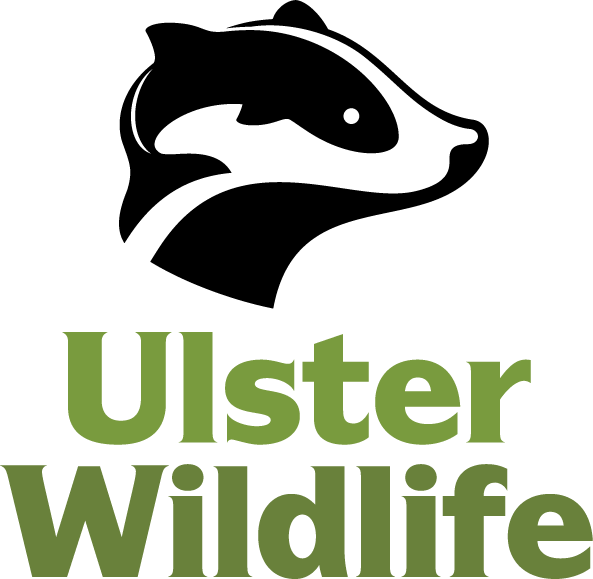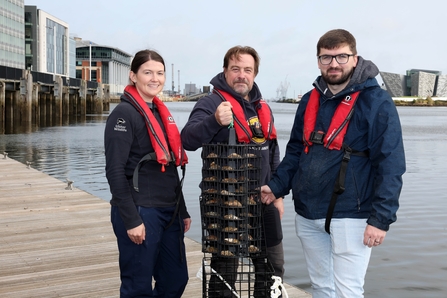Belfast Harbour, in partnership with Ulster Wildlife, has installed an oyster nursery in the port to help restore the native population of the species, improve water quality and boost marine biodiversity.
The nursery, which is the first of its kind to be introduced to a commercial shipping channel in Northern Ireland, is located off the pontoon at the AC Marriott Hotel at City Quays. It will be home to around 600 native oysters, which prior to installation were cleaned, measured and screened for disease by a group of volunteers, including Ulster Wildlife representatives and employees of Belfast Harbour.
For over a century, it was thought that native oysters in Northern Ireland were extinct, but a number of oyster restoration initiatives have been launched by Ulster Wildlife in recent years, with similar nurseries being installed in Bangor and Glenarm Marina with great success.
The oyster nursery installation at Belfast Harbour is the first in Northern Ireland in a commercial shipping channel and is an exciting expansion of the current drive to restore native oysters within Belfast Lough
With appropriate maintenance and care the oysters introduced to the waters at Belfast Harbour will release millions of larvae which will form reefs on the seabed, providing habitat for a variety of other marine species. This will have a positive impact on marine biodiversity in the area, as well as the revival of the native species, for which Belfast Lough was once renowned.
The oysters will also contribute to improved water quality in the port, due to their unique ability to reduce water pollution and improve water clarity. According to Ulster Wildlife, one native oyster can filter up to 200 litres of water per day, which is the equivalent of a bathtub. By removing particles from the water column, oysters can also increase light penetration to the sediment and promote the recovery of seagrass, another threatened and valuable coastal habitat.

